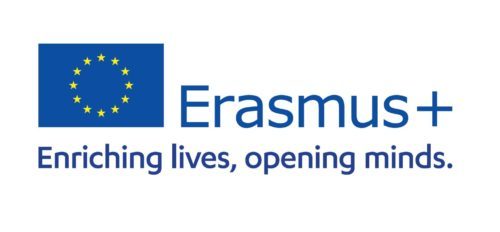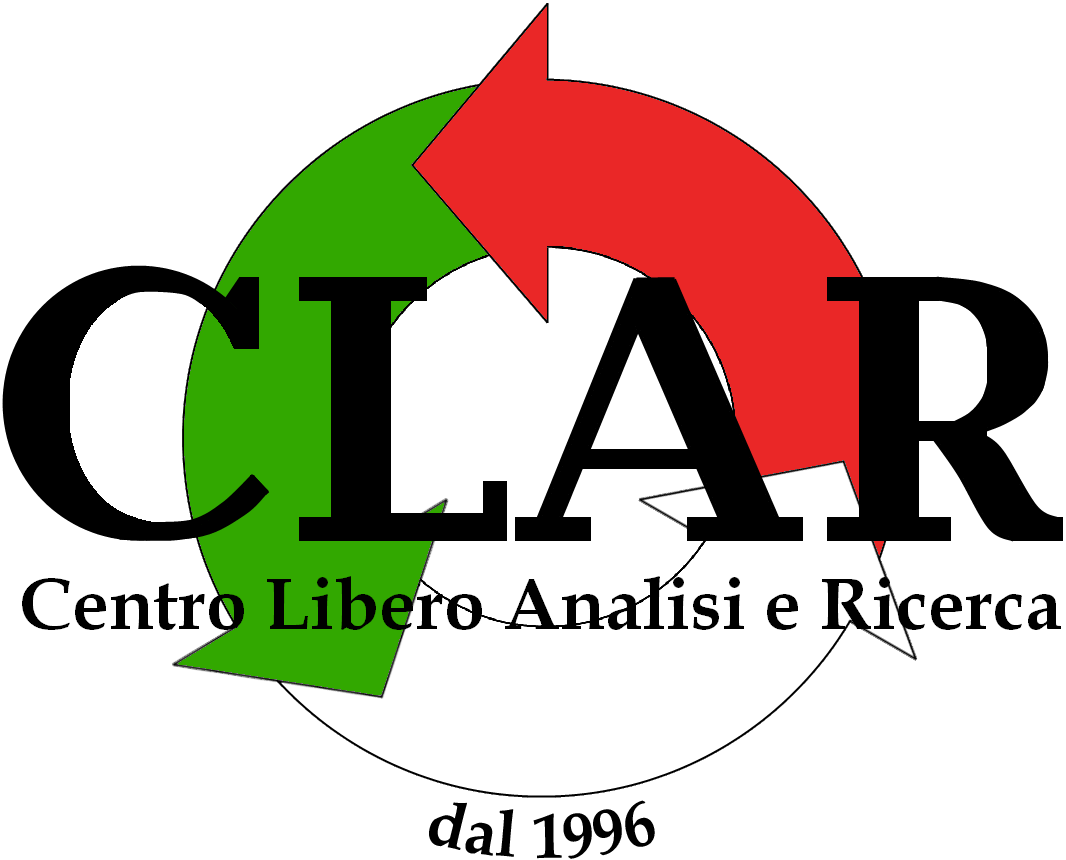 A new Erasmus Plus project KA02 (innovation and good practices) has been approved by Austrian NA: “WATERSCHOOL – strengthening open digital education and innovative practice through relevant, innovative teaching tools about water consumption in schools.“
A new Erasmus Plus project KA02 (innovation and good practices) has been approved by Austrian NA: “WATERSCHOOL – strengthening open digital education and innovative practice through relevant, innovative teaching tools about water consumption in schools.“
The project acronym is WATERSCHOOL and its partnership includes our association Centro Libero Analisi e Ricerca – CLAR, responsible for project activities in Italy. The leading partner is Gutessens Consulting from Austria: the other organizations come from Bulgaria, Germany, Czech Republic, Slovenia, United Kingdom.
The importance of drinking water in schools is well known by teachers meanwhile most of kindergarten and school teachers allow waterdrinking during the lesson and they try to support drinking water in their classroom. But yet, about half of the kids do not meet their minimum hydration requirements. To meet the requirements, it takes more than only allowing, it is necessary to implement drinking rituals and active promotion of water drinking. This information is largely unknown by teachers and pedagogues.
Even mild dehydration can cause cognitive impairment and headaches, what is bad for pupils school success.
Another water-related issue is raising of overweight and obesity rates in European children and youth. Obesity in children is an important health problem that is increasing throughout the world, with particularly alarming trends in Europe. More than 20% of children in EU and about 30% of Austrian children (age 8-9) are overweight or obese (annual increase ~ 1-2%), this has a wide range of serious health (on secondary diseases such as diabetes, hypertension, fatty liver, osteoporosis) and social consequences (COSI – WHO European Childhood Obesity Surveillance Initiative, 2017; HELENA – Healthy Lifestyle in Europe by Nutrition in Adolescents).
Consumption of sugar sweetened drinks is highly associated with obesity in children (Avery et al, 2014; Keller/Bucher, 2015; Malik, 2013). Nevertheless the consumption of softdrinks is still increasing. There is a gender gap in drinking behaviour: boys (age 10 to 17) have a higher consumption of sweetened drinks than girls (KiGGS, Kaiblinger et al, 2009). Various sources have reported that socially and economically disadvantaged children consume more frequently sugar-sweetened drinks.
The project will deliver a distance learning open course able to create specifici competencies about an appopriate use of tap water in schools and kindergartens.

